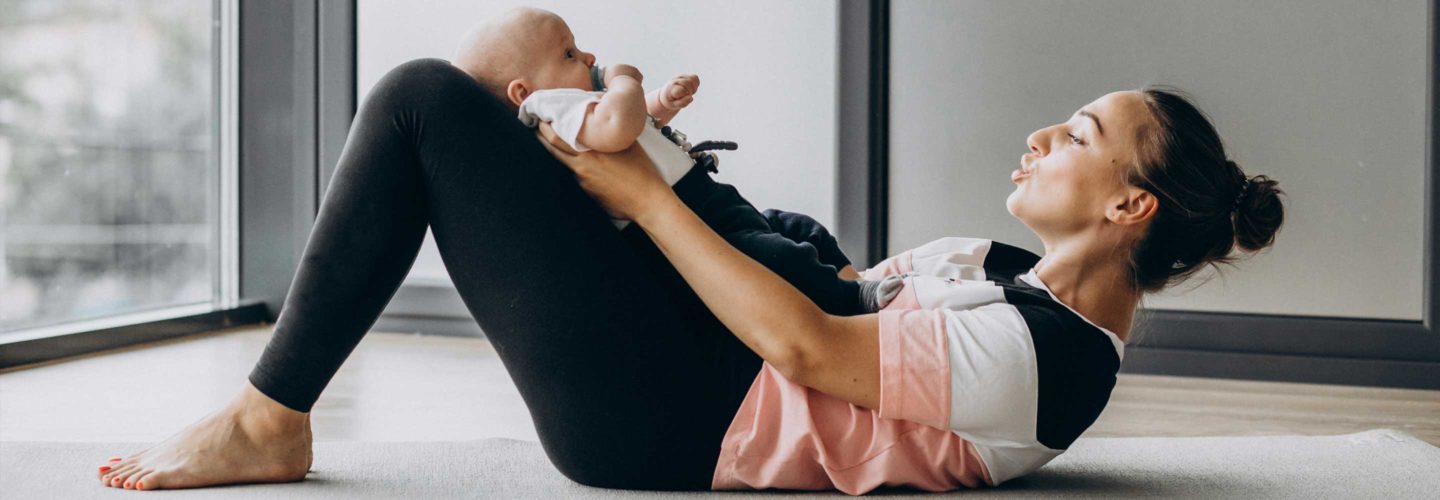Women Treating Women for Pelvic Floor Recovery
Postpartum urinary incontinence affects a majority of women who have given birth, causing an annoying leak that can occur with sneezing, jumping, coughing, laughing — any movement that results in pressure being applied to the pelvic floor. Pelvic floor muscles stretch during pregnancy and can lead to discomfort, pain, or difficulty with bladder or bowel control. Early detection and early intervention may prevent long-lasting symptoms and disability.
Information on pelvic floor issues isn’t always easily accessible, and women are often hesitant to discuss the topic with anyone. At the Maimonides Women’s Health Institute, we want to change that by providing women with both a comprehensive treatment program and a space where they can better understand the pelvic floor issues affecting them after childbirth.
Call 718-PELVIC1 (718-735-8421) to make an appointment
Introducing PEARL
Postpartum Exercise and Recovery Liaisons for Pelvic Floor Health (PEARL) is the first and only program in Brooklyn dedicated to offering state-of-the-art diagnostic and treatment services for postpartum women affected by one or more pelvic floor conditions. Our program for postpartum pelvic floor disorders at Maimonides Medical Center is specifically designed to address pelvic floor issues that may occur during pregnancy or after childbirth.
Pelvic Consultation
Treating pelvic floor disorders with compassion and confidentiality is our top priority. Our multi-disciplinary team works with patients during pelvic health consultations to assess for any problems that may have developed during pregnancy, delivery, or after, and create a comprehensive treatment plan based on individual needs. The ultimate goal is to get patients back in shape from the inside out.
Conditions Treated
Vaginal Symptoms: Pain, bulge or pressure sensation
Bladder Symptoms: Accidental leakage of urine; Urinary frequency or urgency; Recurrent urinary tract infections
Bowel Conditions: Accidental bowel leakage; Incomplete Bowel Movement or Straining; Constipation
Diagnostic Options
We provide thorough evaluation with onsite testing and minimally invasive treatment options:
- Pelvic floor 3D and 4D ultrasound
- Dynamic MRI
- Urodynamic testing
- Urinary and bowel continence assessment
Treatment options
- Pelvic floor physical therapy
- Biofeedback
- Pelvic support devices
- Medical therapy for incontinence
- Office procedures for incontinence like Botox injections
- Surgical procedures, including robotic or laparoscopic (minimally invasive) surgery for prolapse, and urinary and fecal incontinence
- Vaginal restoration (medical and surgical), including tightening and reconstruction





